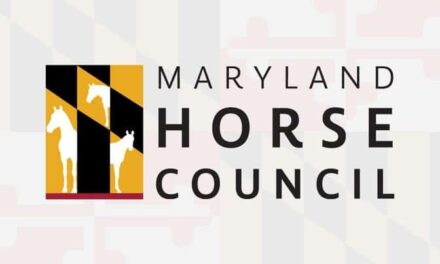Each year, the Maryland Farm Bureau Government Relations staff review the legislative session and determine if there are issues that need to be addressed by our organization. Up for discussion this year is the issue of livestock manure and Maryland’s renewable portfolio standard.
Maryland’s Renewable Portfolio Standard (RPS) requires that 20 percent of Maryland’s electricity be generated from renewable energy sources by 2022, including 2 percent from solar energy. In 2010, SB 277 increased the percentage requirements of the RPS that must be purchased from Tier 1 solar energy sources each year between 2011 and 2017. This will result in more residential and commercial solar installations in those years.
Legislation to increase the annual percentage requirements for Tier 1 and Tier 1 Solar resources to meet the State’s RPS beginning in 2018 was introduced this past session. Total RPS percentage requirements increase from 20 percent by 2022 to 40 percent by 2025. The solar requirement doubles from 2 percent by 2022 to 4 percent by 2025. The bill would not have affected the percentage requirements for offshore wind. The bill failed in committee.
Maryland Farm Bureau supports the use and production of alternative energy on farms. However, MFB does not support the use of “farm” when referring to an alternative energy generation facility. There is currently no policy addressing MFB’s positions toward a possible increase of the RPS or allowing other alternative technology to be made part of the RPS that could generate energy from poultry litter.
Should energy generation from livestock manure and poultry litter be considered a value- added production on a farm and have an additional carve out in the existing RPS to address alternative technology for livestock manure and poultry litter?
Should MFB oppose any increase to the RPS if a rate increase were to be proposed?










